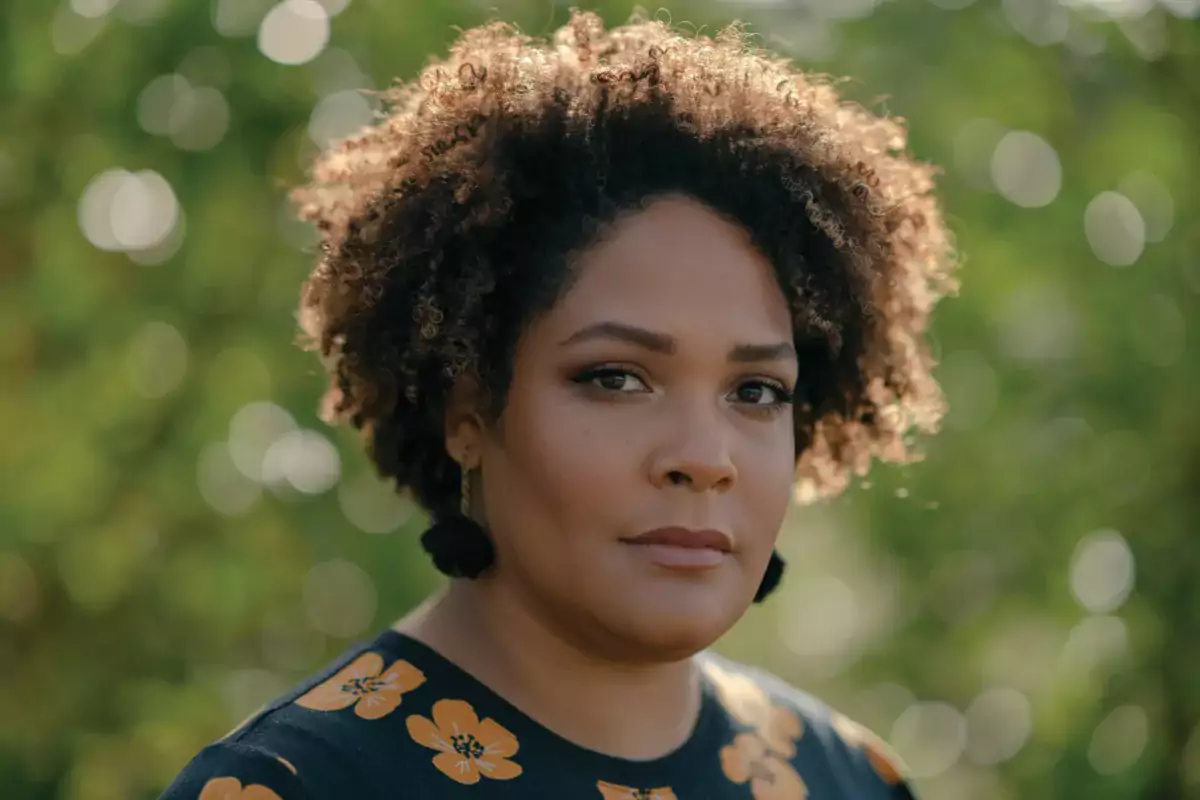
Be a Revolution: How Everyday People Are Fighting Oppression and Changing the World—and How You Can, Too
I realized that I had fallen victim to one of white supremacy’s greatest weapons: the war on imagination.

I realized that I had fallen victim to one of white supremacy’s greatest weapons: the war on imagination.
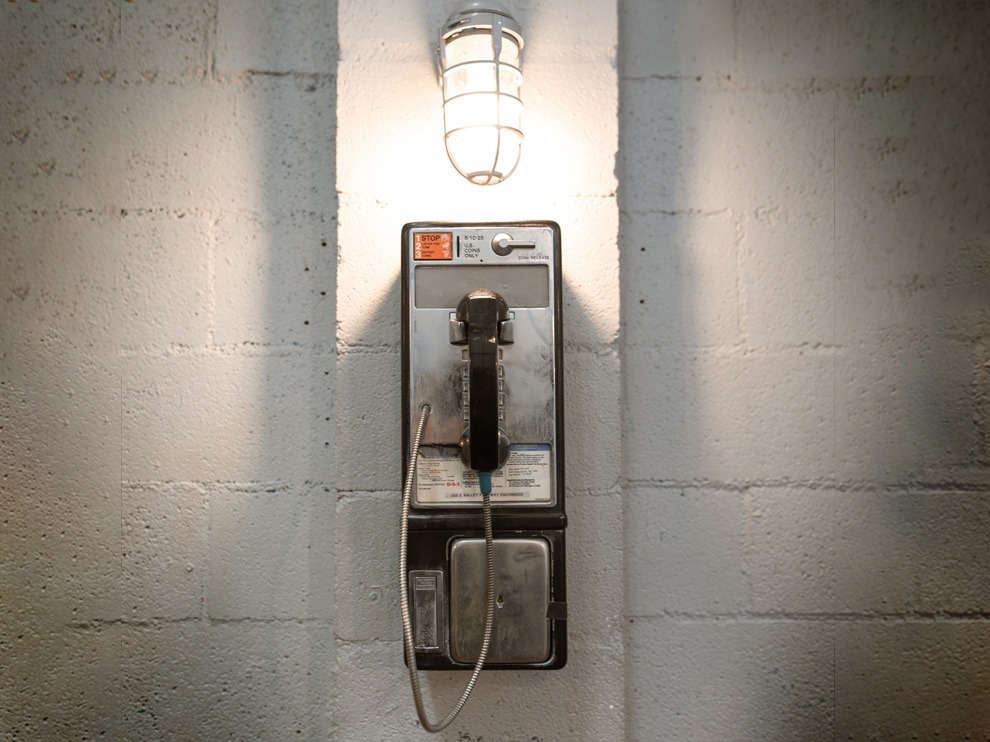
The ACLU says the state’s policy is the “most restrictive” in the nation.

The Thirteenth Amendment bans all “badges and incidents” of slavery. But the use of police dogs enacts cruelty on both people of color and the dogs themselves. To fully rid society of slavery, the dogs must be retired.
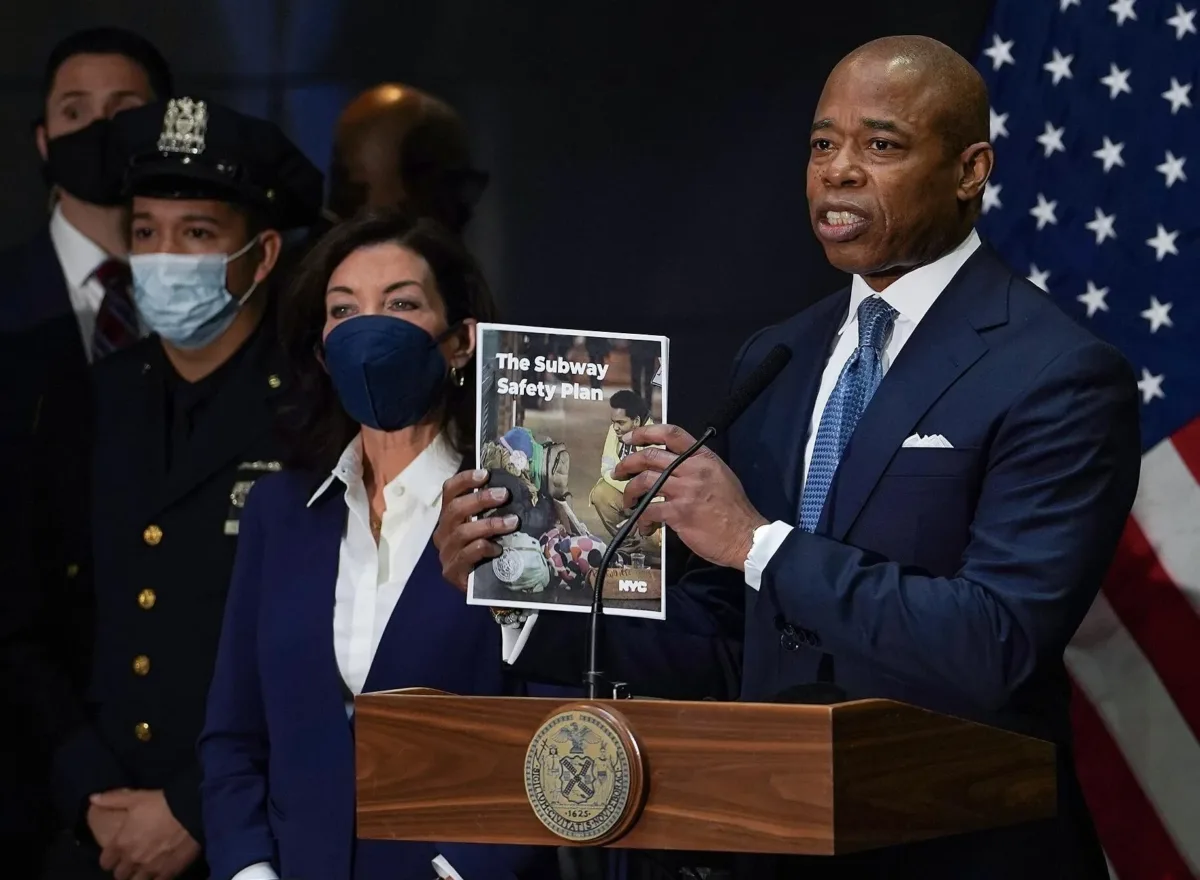
According to (admittedly flawed) FBI data, the U.S. is about as safe as it’s ever been. So why is tough-on-crime rhetoric on the rise?
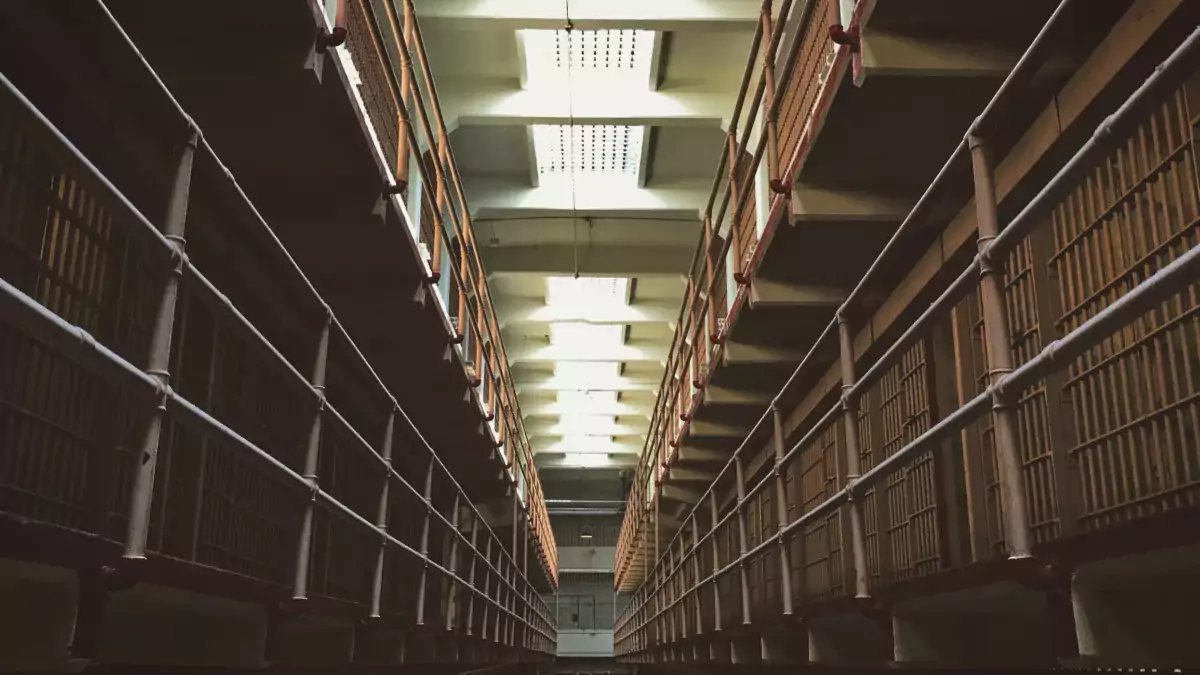
On Jan. 19, New York City Mayor Eric Adams vetoed a bill that would have effectively banned solitary confinement in his city’s jails. Incarcerated writer Chris Blackwell and CUNY Law Professor Deborah Zalesne share why the practice is so horrific.
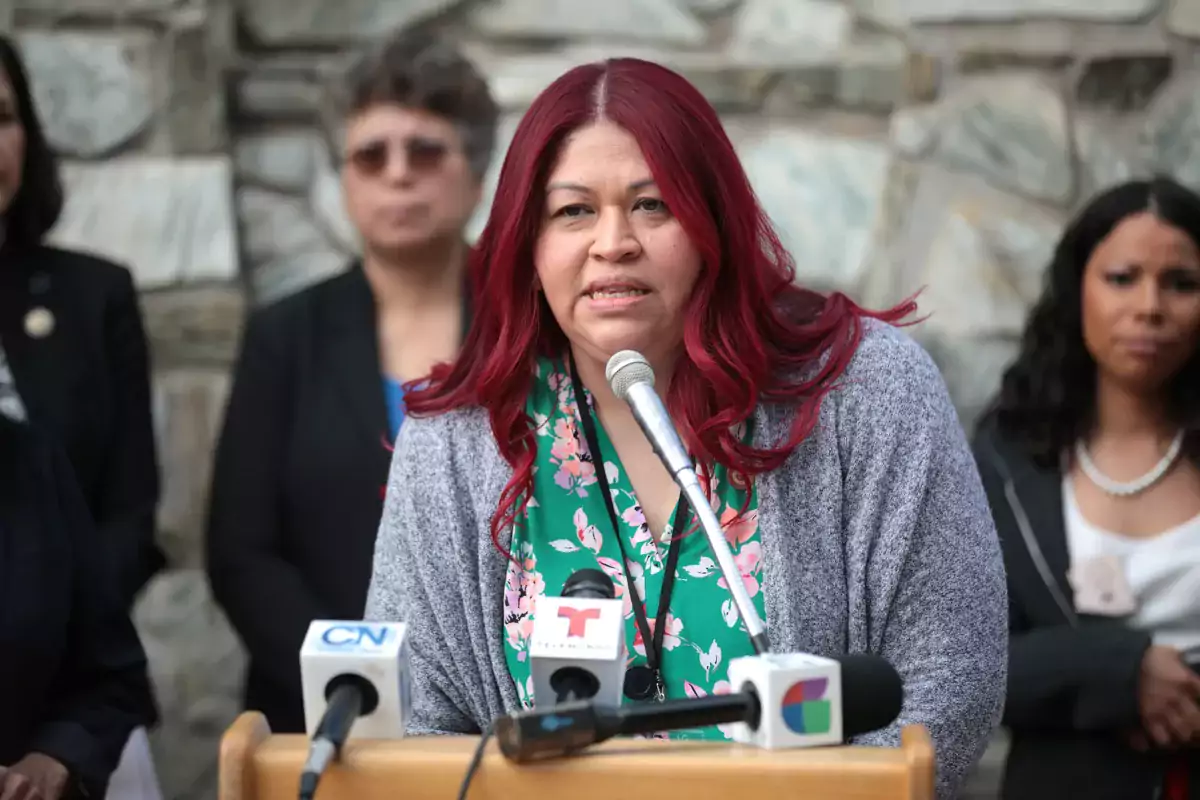
State Sen. Anna Hernandez filed the bill following The Appeal’s investigation into the Phoenix Police Department’s shooting of Jacob Harris. Though police killed Harris, his friends were charged using the state’s felony murder statute. Tomorrow, a coalition will join Hernandez in a press conference to support the bill.
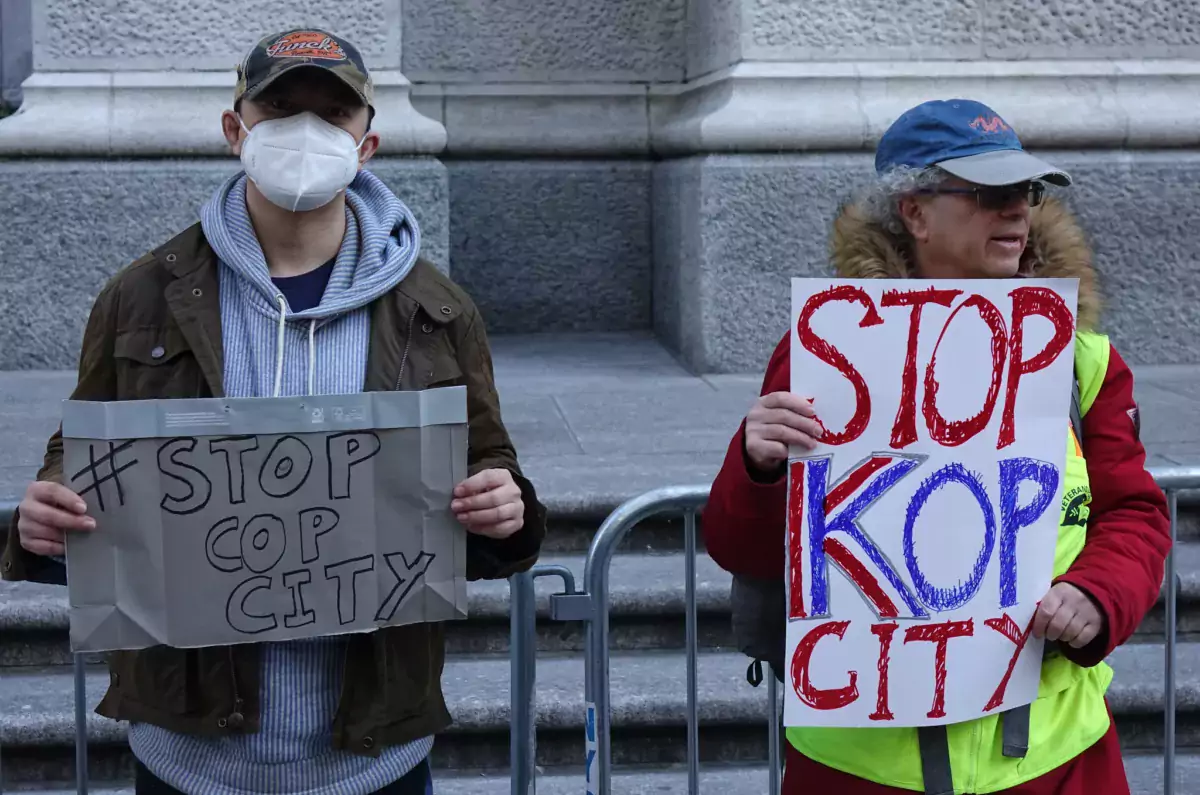
The bill requires people be held on bail for dozens of new, small-time charges—and virtually eliminates charitable bail funds after nonprofits posted bonds for many anti-Cop City protesters last year. Gov. Brian Kemp is expected to sign the measure into law.
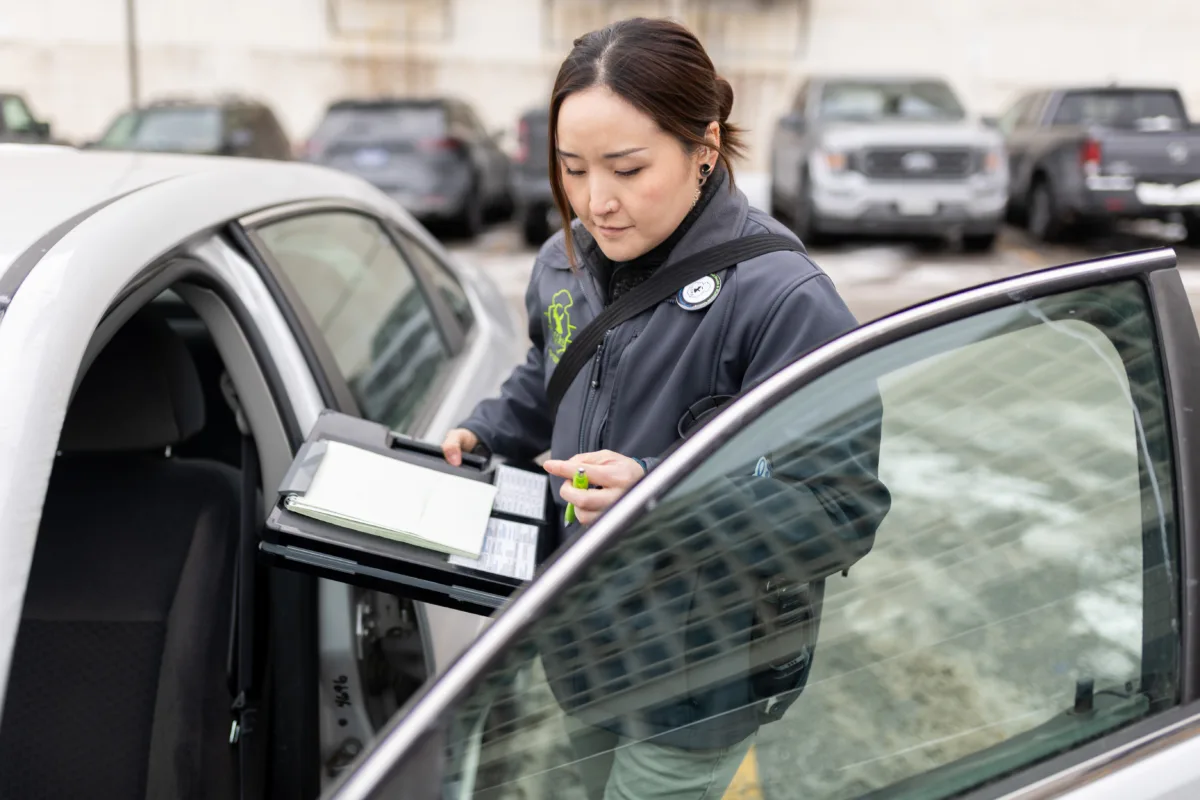
A small unit inside the Omaha Police Department helps to handle the deluge of mental health crises that police grapple with daily.
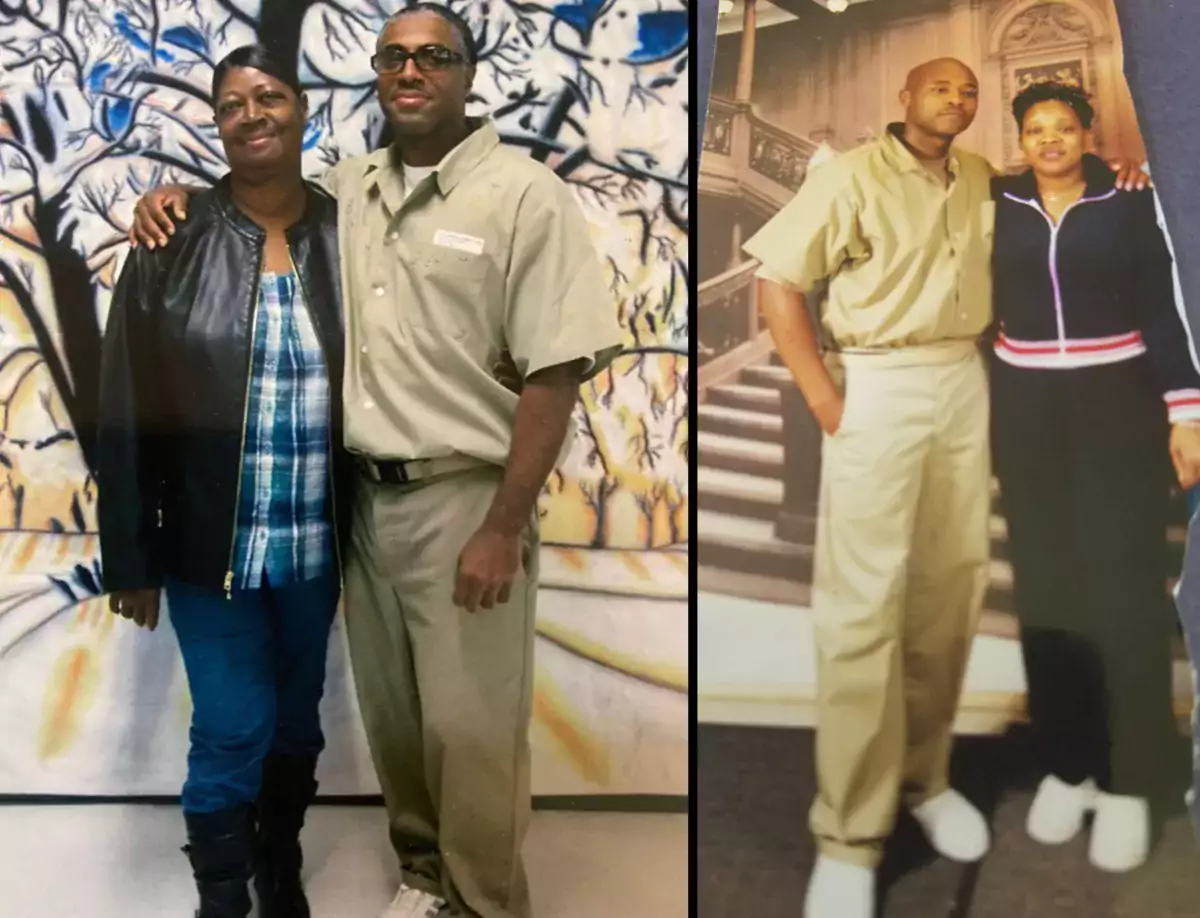
In 2001, a jury found Terence Richardson and Ferrone Claiborne not guilty of murdering a police officer. But, thanks to a 1996 U.S. Supreme Court ruling, a judge sentenced both men to life in prison anyway. Yesterday, the Supreme Court of Virginia granted Richardson a new hearing to prove his innocence.

A federal complaint filed today alleges that the Ronald McDonald House is discriminating against people with sick children who happen to have been convicted of certain crimes in the past. The ACLU, among other groups, alleges the rule violates the federal Fair Housing Act.

Late last year, the U.S. Department of Justice warned the state of Tennessee that its “aggravated prostitution” statute—which makes it a felony to engage in sex work while HIV positive—violates the Americans with Disabilities Act. Activists hope the measure shows how the government can use the ADA to fight ableism around the nation.
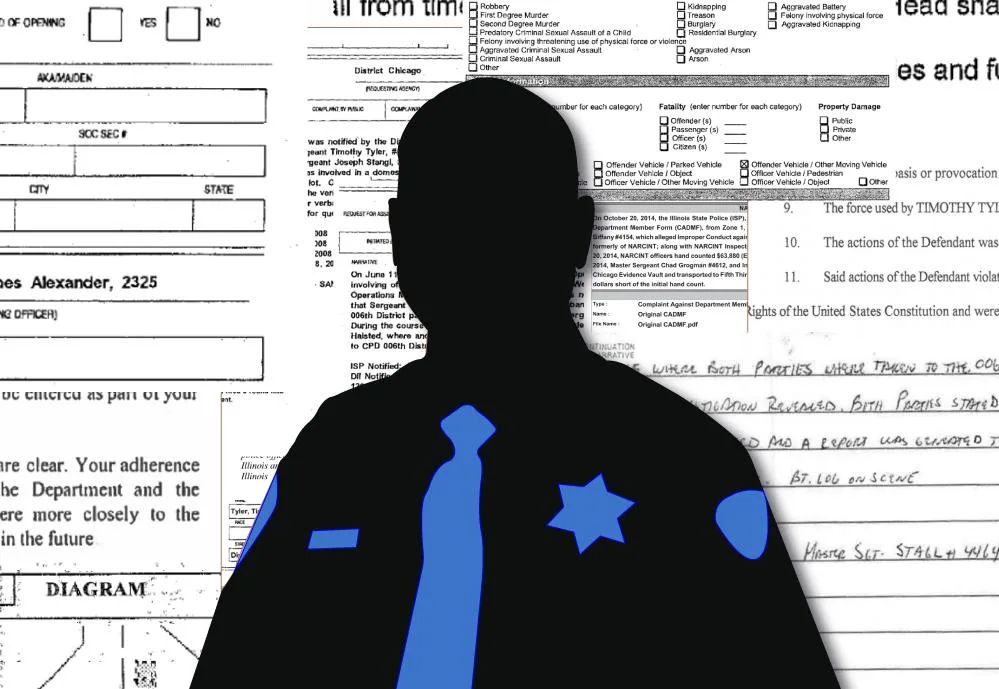
In 2022, Timothy Tyler was chosen to lead the Champaign Police Department — despite a string of misconduct allegations from his first policing job in the south Chicago suburb of Markham through his time at the Illinois State Police.
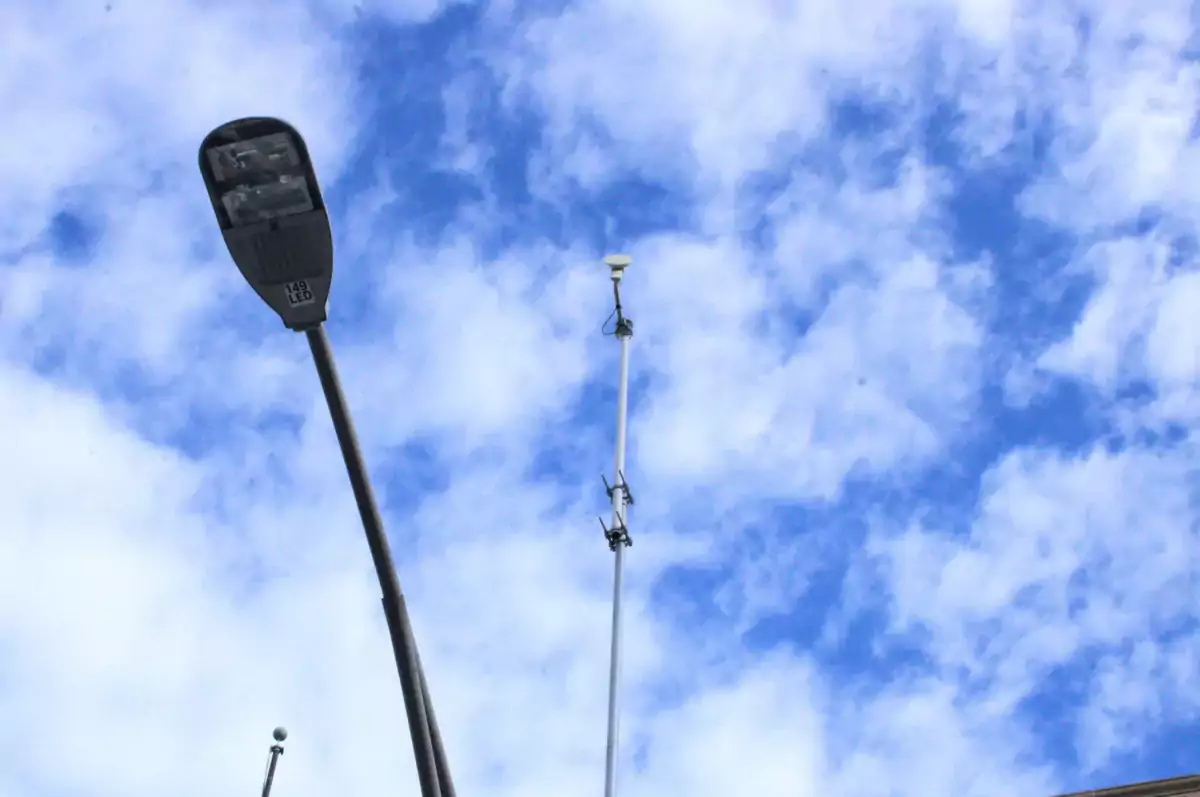
The department reported misses more than 550 times in 2023, and a public safety director complained about a 55-round miss in 2022.
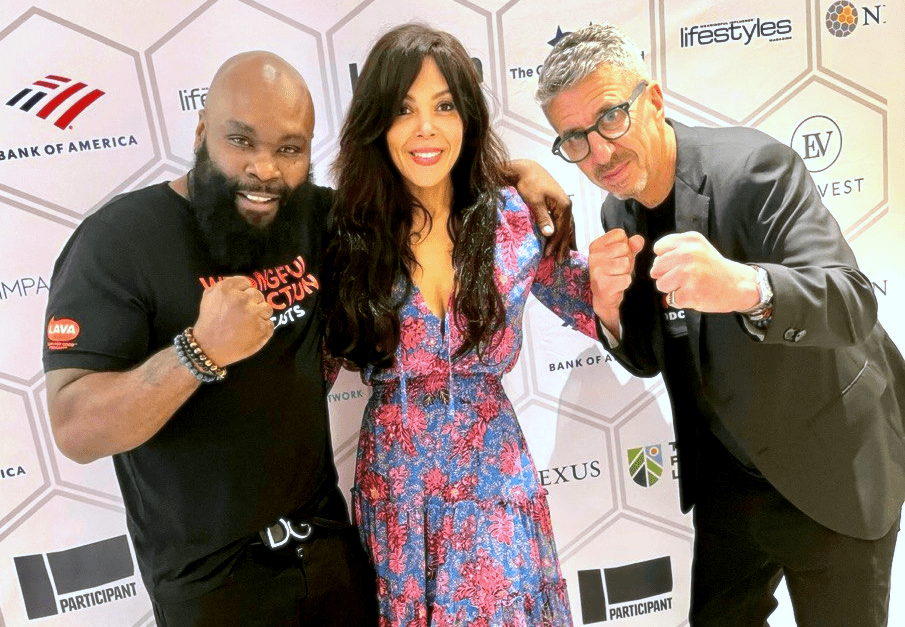
Lorenzo Johnson, a former boxer, quoted Muhammad Ali in his fight against his wrongful conviction. After reading Johnson’s writing, one of Ali’s children, Khaila, demands that Pennsylvania’s governor clear Johnson’s name.

After decades of protests over police violence, many cities have created non-police crisis response teams. These unarmed first responders typically answer 911 calls for people having mental health crises. Here’s how they work.
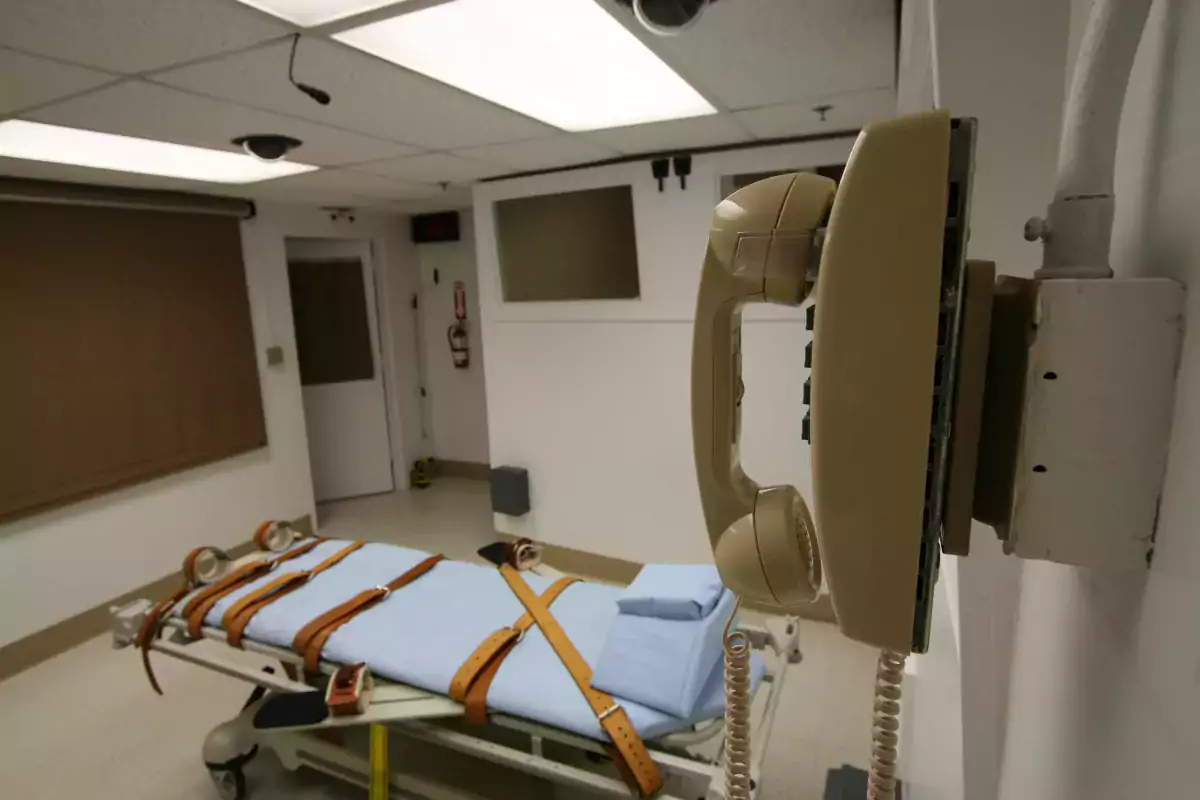
Alabama plans to execute Kenneth Smith next month by suffocating him with nitrogen. But the new method is untested—since I’m supposed to be in the room with Kenny when he dies, the state has warned me I might die too.

At 15, Shane Kendall, an autistic child with bipolar disorder, schizophrenia, and intellectual impairment, allegedly fatally shot his mother. Despite Kendall’s disabilities, prosecutors charged him, as an adult, with murder. Before he turned 19, he died at the Fulton County Jail.
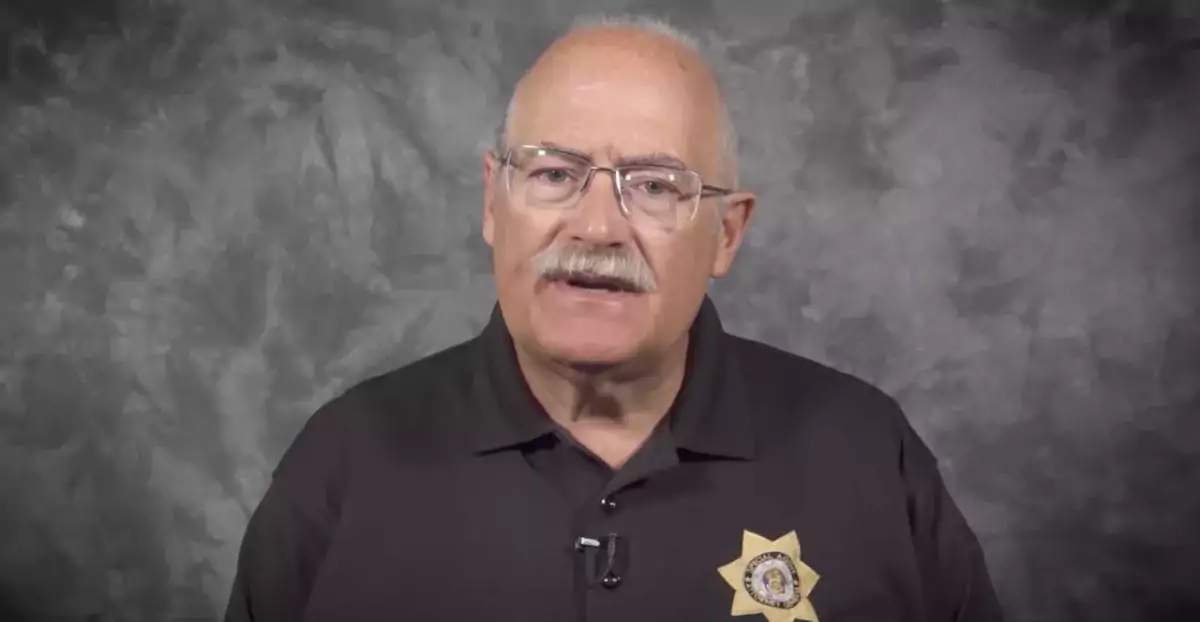
Chief Ken Wallentine has repeatedly defended police behavior that judges later found violated the constitution or resulted in millions of dollars in settlements and judgments.
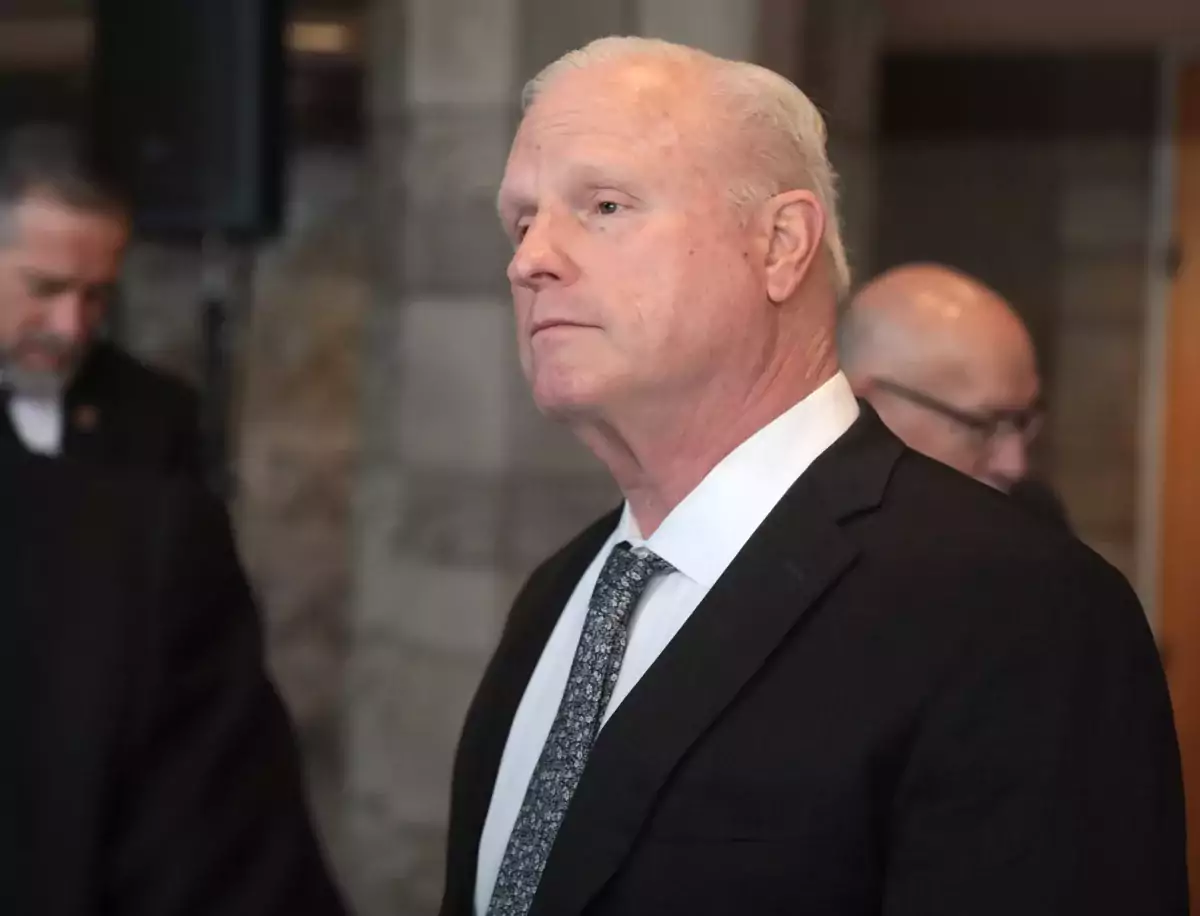
A representative for Arizona’s “unborn infants” says the state should enforce a Civil War-era ban on almost all abortions. Planned Parenthood says a newer, 15-week abortion ban should be the law instead. The Republican-stacked Arizona Supreme Court will decide.
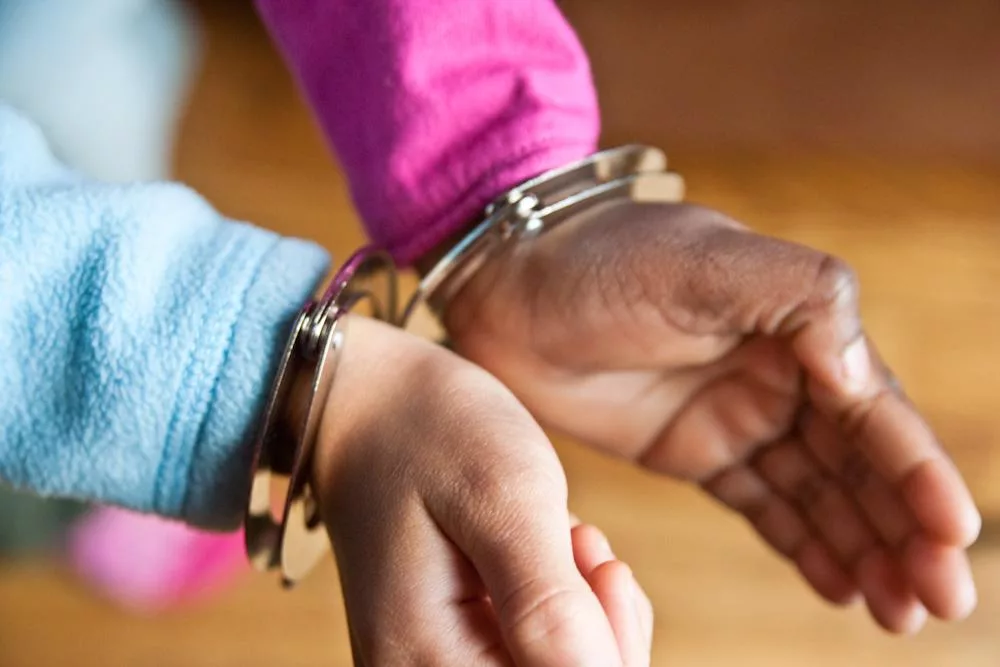
Poor educational opportunities in youth prisons lead to reduced earnings and increased unemployment later in life.
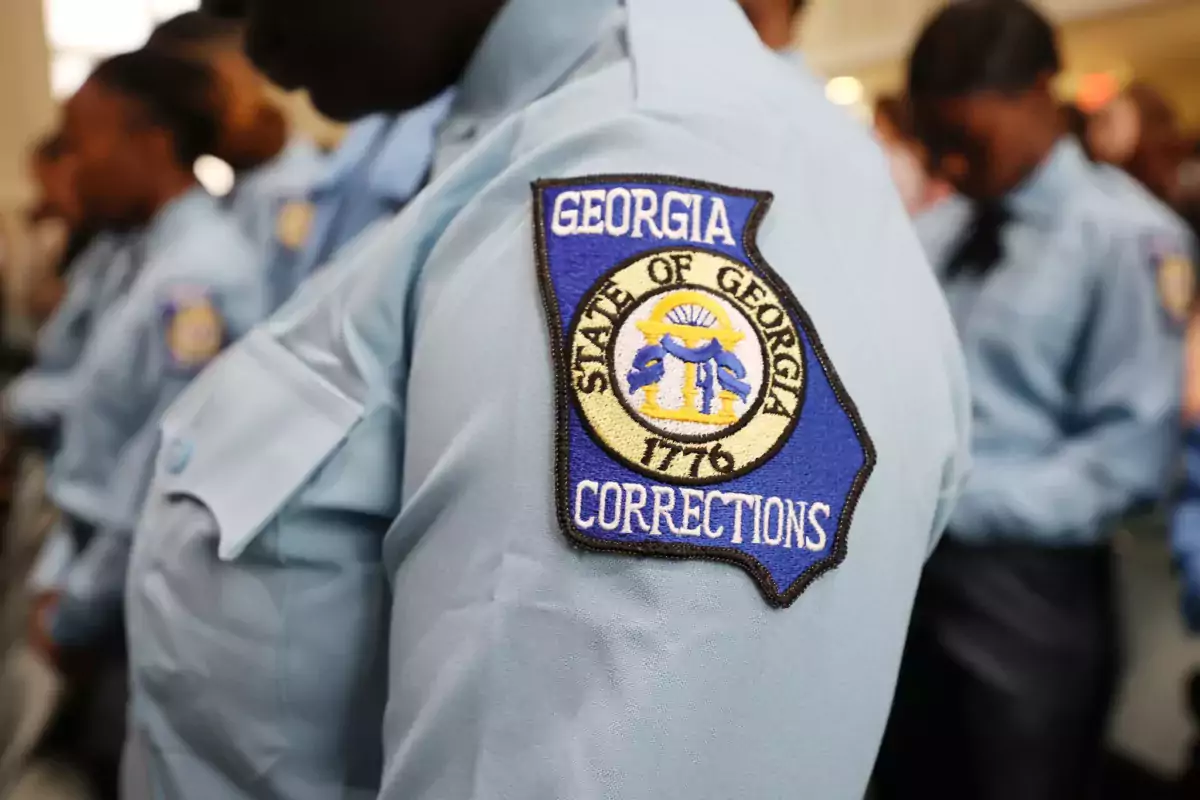
A woman incarcerated in Georgia since 1992 says she has endured significant abuse, including forcefully having her head shaved, abrupt stops to her hormone therapy, and sexual assault. She has repeatedly attempted suicide and has been in solitary since 2019.

The Appeal spoke with Robert Saleem Holbrook about the long-standing solidarity among liberation movements for Black Americans and Palestine.
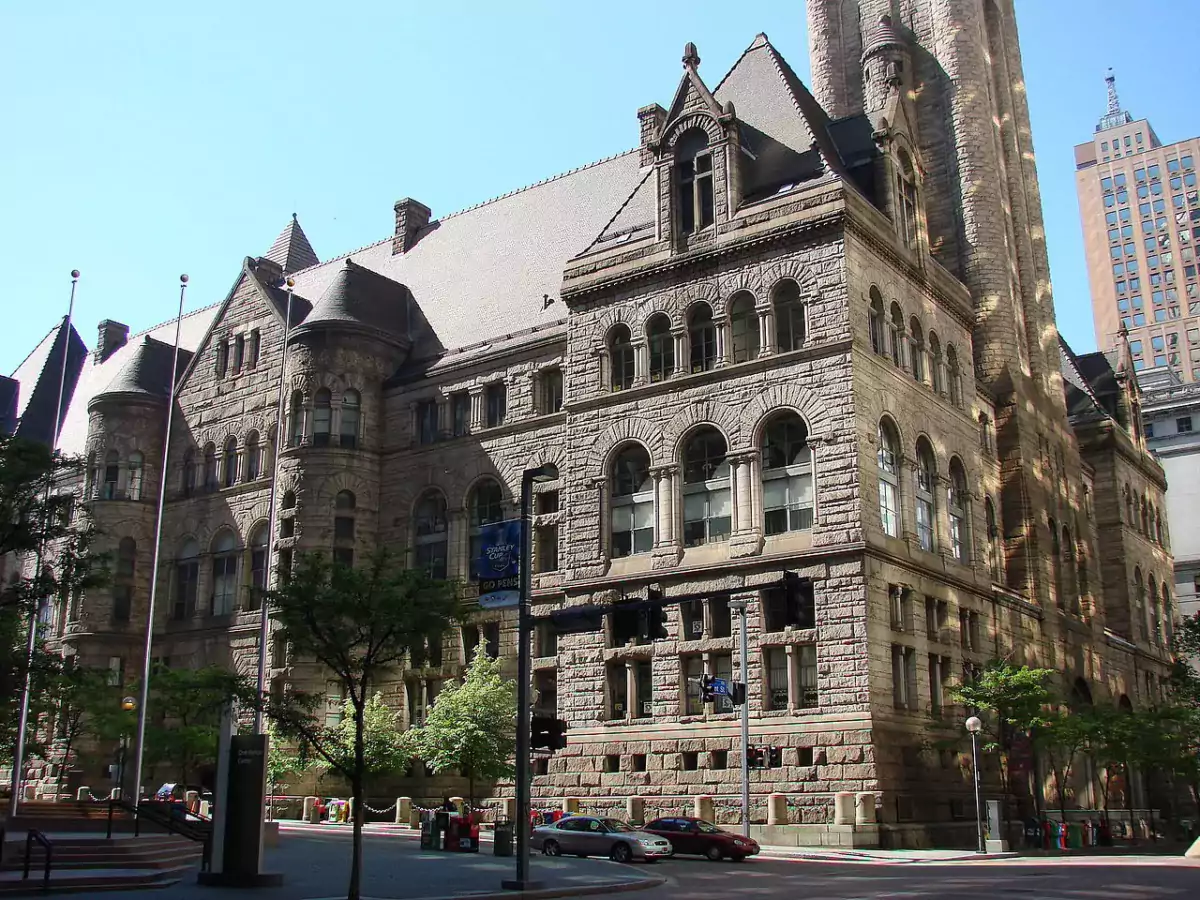
A new report by the Abolitionist Law Center says that, while pitched as a more humane alternative to criminal court, Allegheny County’s Mental Health Court instead humiliates people with mental illness and feeds them back into jail.

The state’s youth incarceration agency entered into a two-year contract with the Jackson Parish Jail to lock up children—some of whom have been incarcerated at Angola, the state’s most notorious prison.
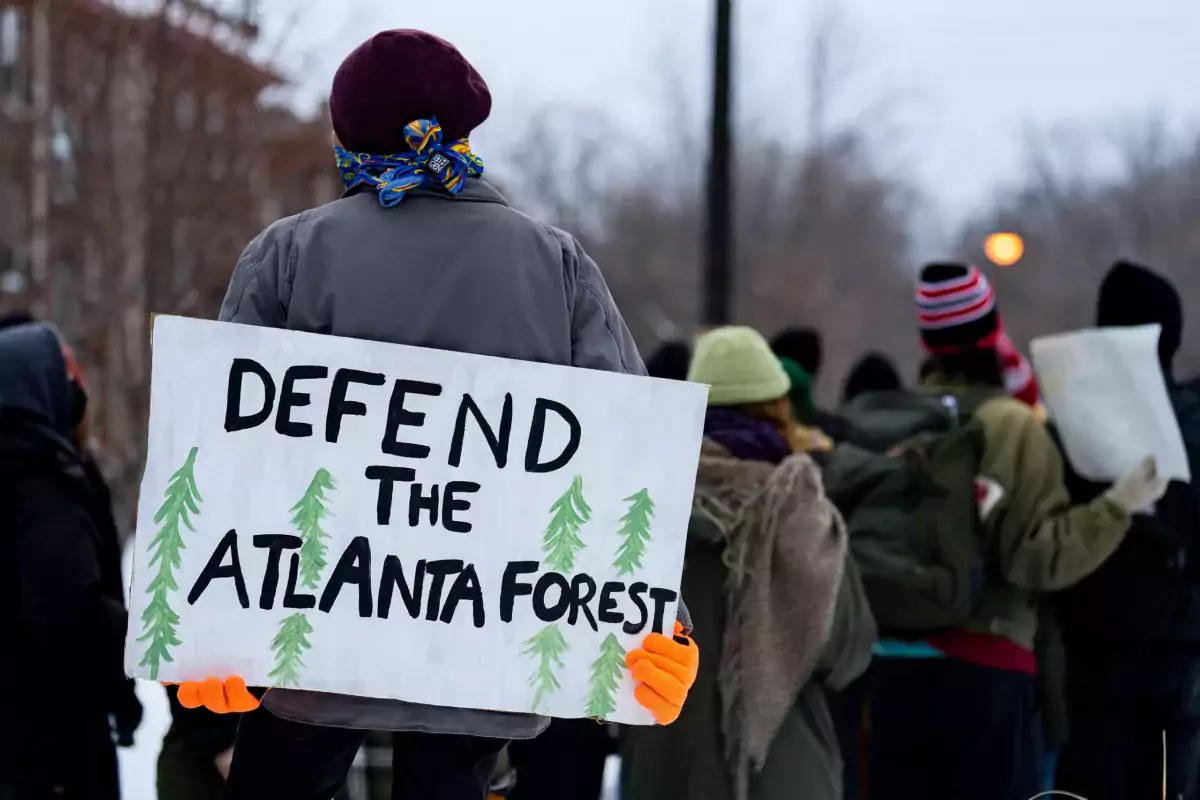
Georgia prosecutors have launched a first-of-its-kind racketeering case against 61 people, ranging from visitors arrested at a music festival to bail fund organizers. The mass-arraignment on November 6 showed just how much of an insane, unconscionable mess the case really is.
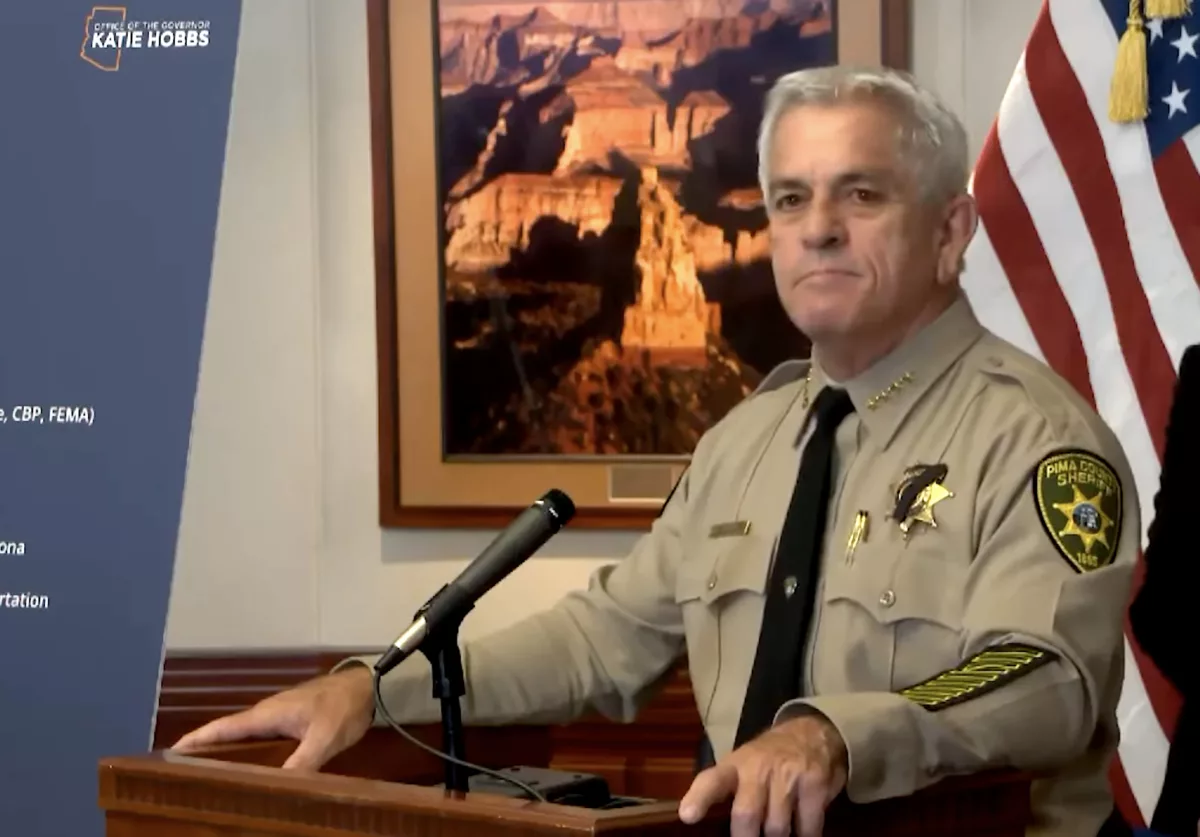
Alisa Reznick’s arrest marks the second time police within the United States have detained a reporter at a pro-Palestine protest in recent months.
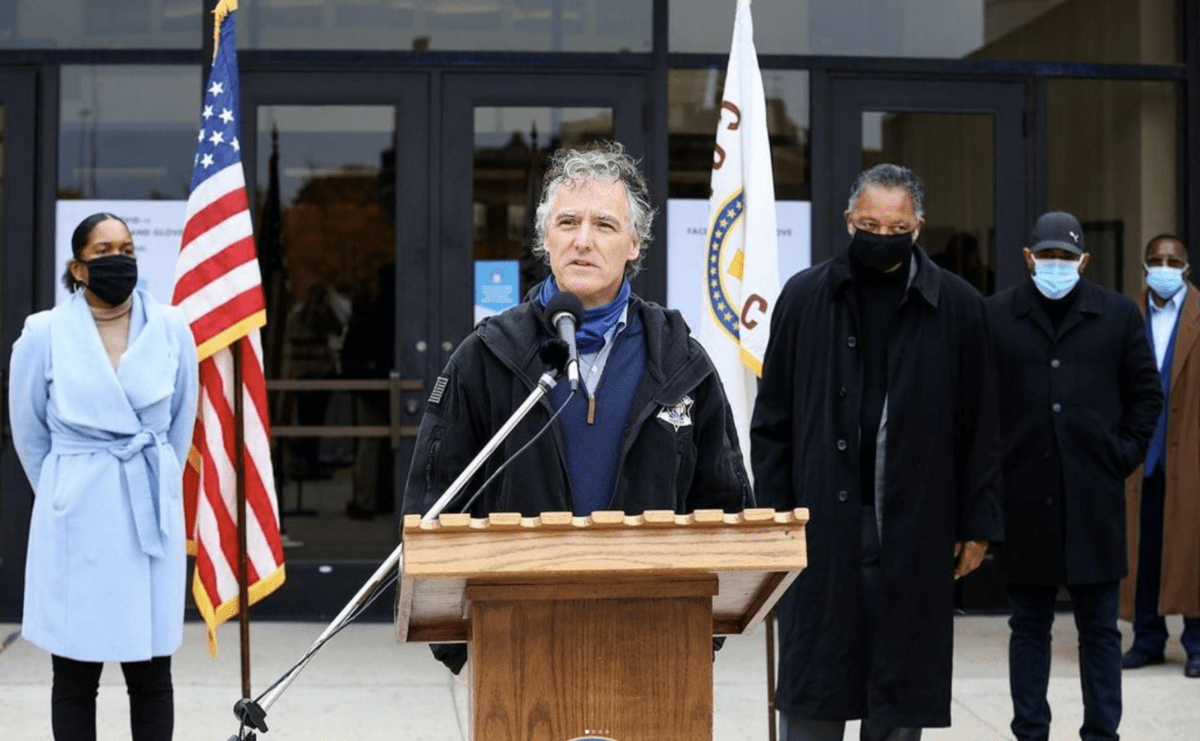
Advocates say the Cook County Sheriff’s Department’s house-arrest policies trap women in unsafe situations—and often force mothers to choose between their safety or their children.
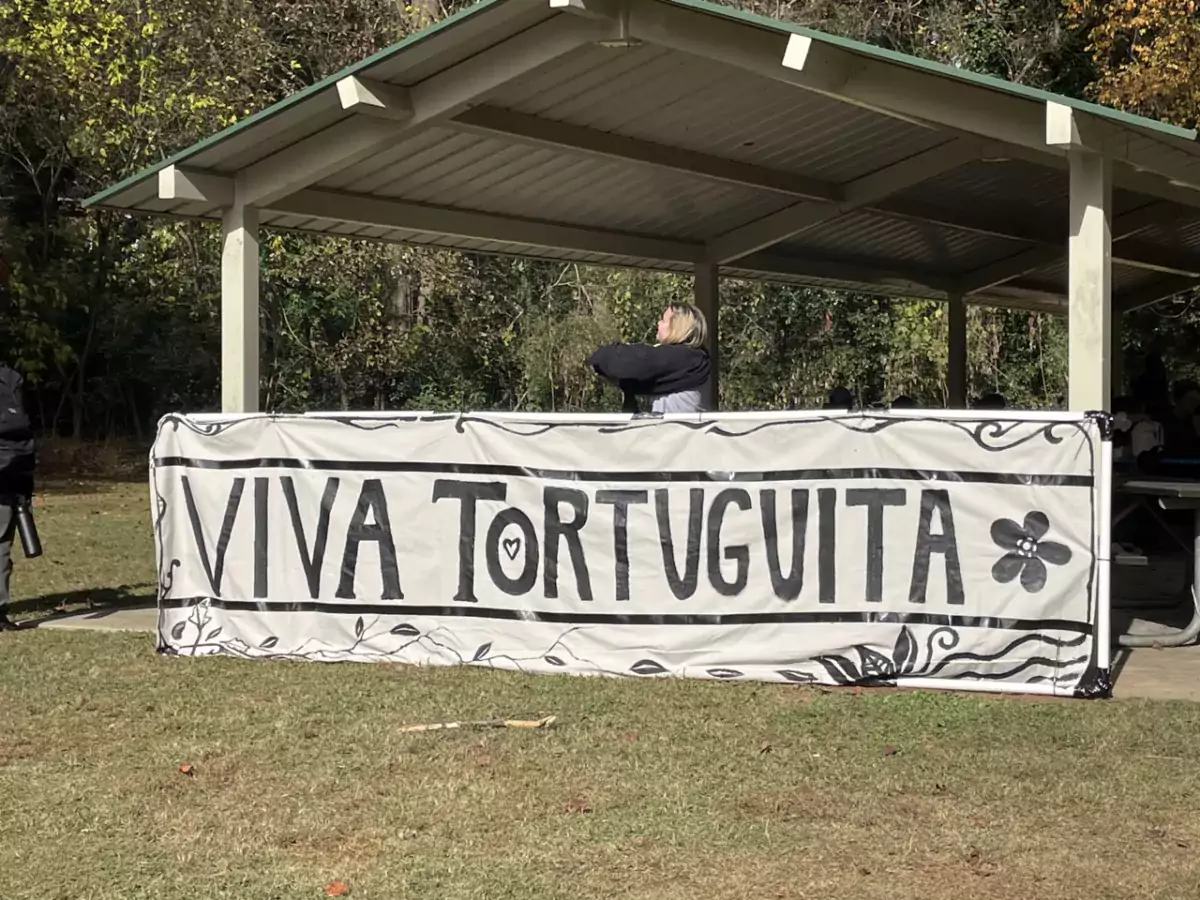
Georgia police killed Manuel “Tortuguita” Terán on Jan. 18 as Terán was protesting against Cop City, the massive police training facility under construction in Weelaunee Forest in Atlanta. But, now that prosecutors have mass-charged activists in an unprecedented use of racketeering statutes, those close to the case say the state has sunk to new lows by entering Terán’s personal diary into public evidence against defendants.
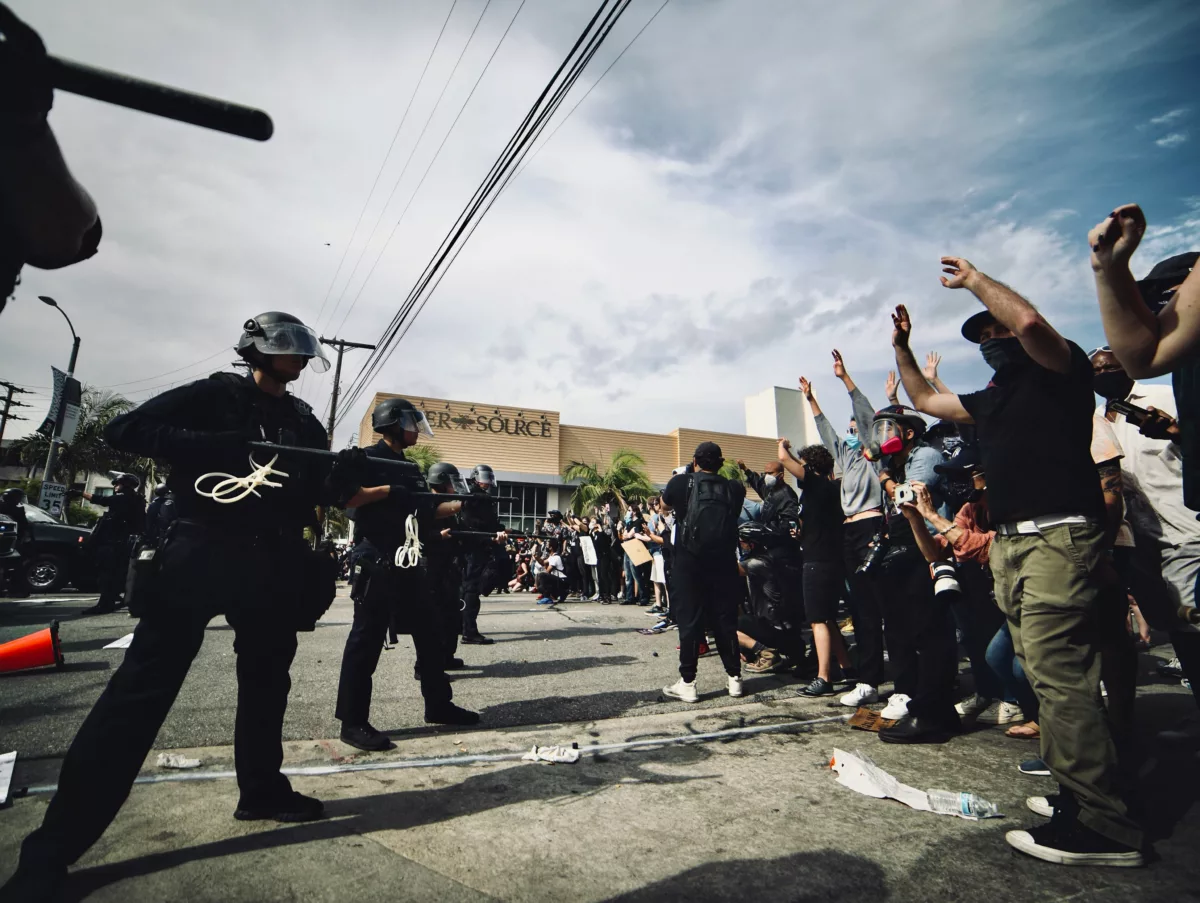
A study found that in states requiring permits to purchase firearms, fatal and nonfatal police shootings were 28 percent lower.

Terence Richardson and Ferrone Claiborne have spent decades behind bars even after a jury acquitted them of murder. Now, the Virginia Supreme Court is set to decide their fate.
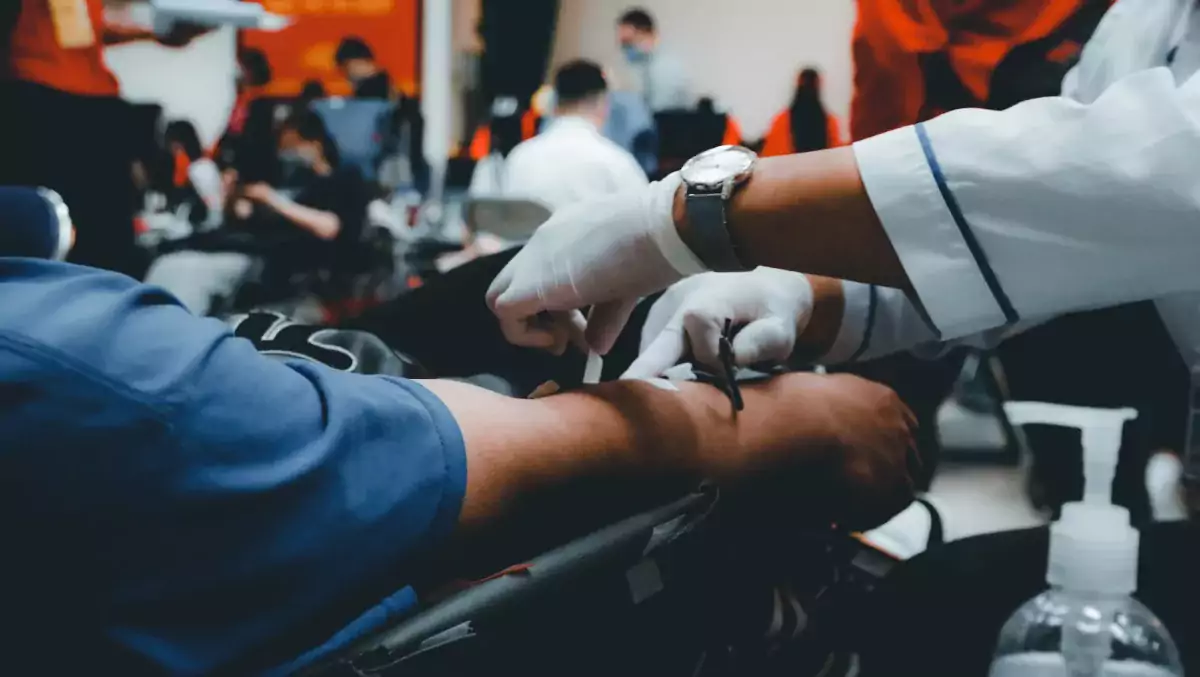
States can now use federal funds to ensure that people leaving prison have access to healthcare. But states first need to apply to join the program.
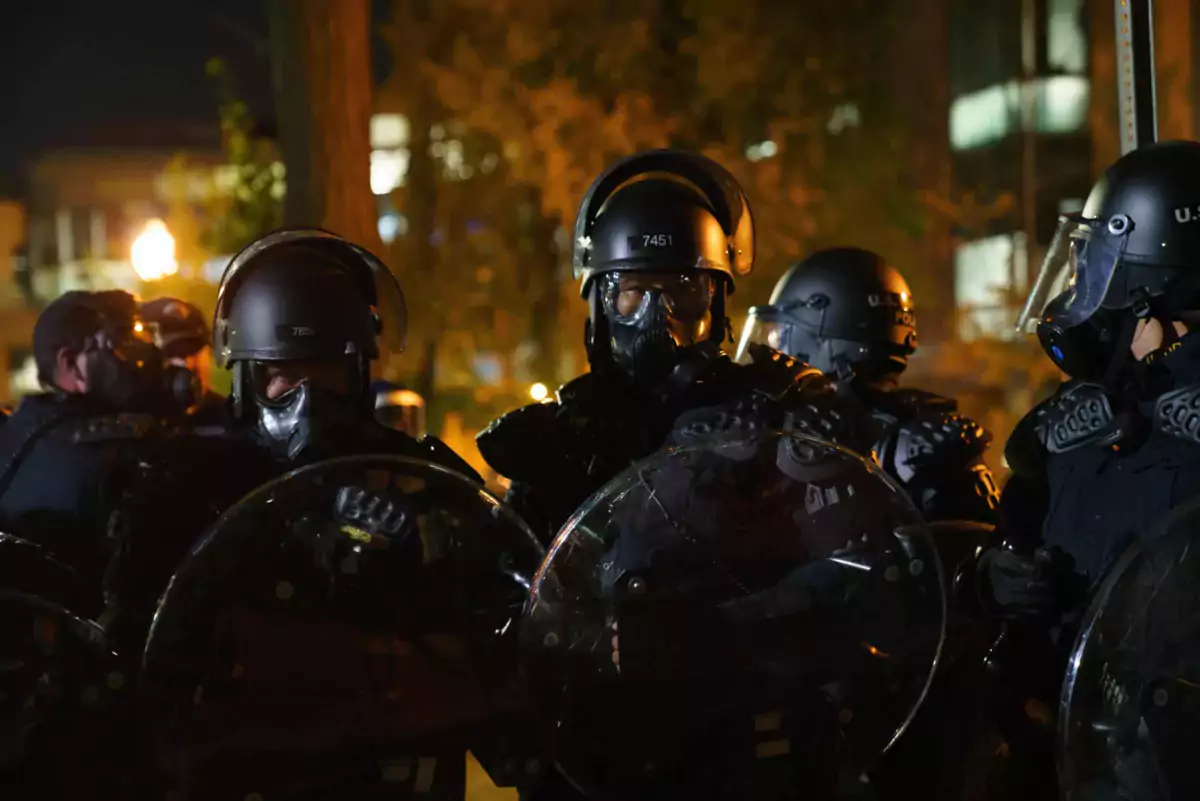
“There was never a plan to peacefully disperse us,” one protest attendee told The Appeal. “The only plan was to escalate and to treat us with brutal violence.”
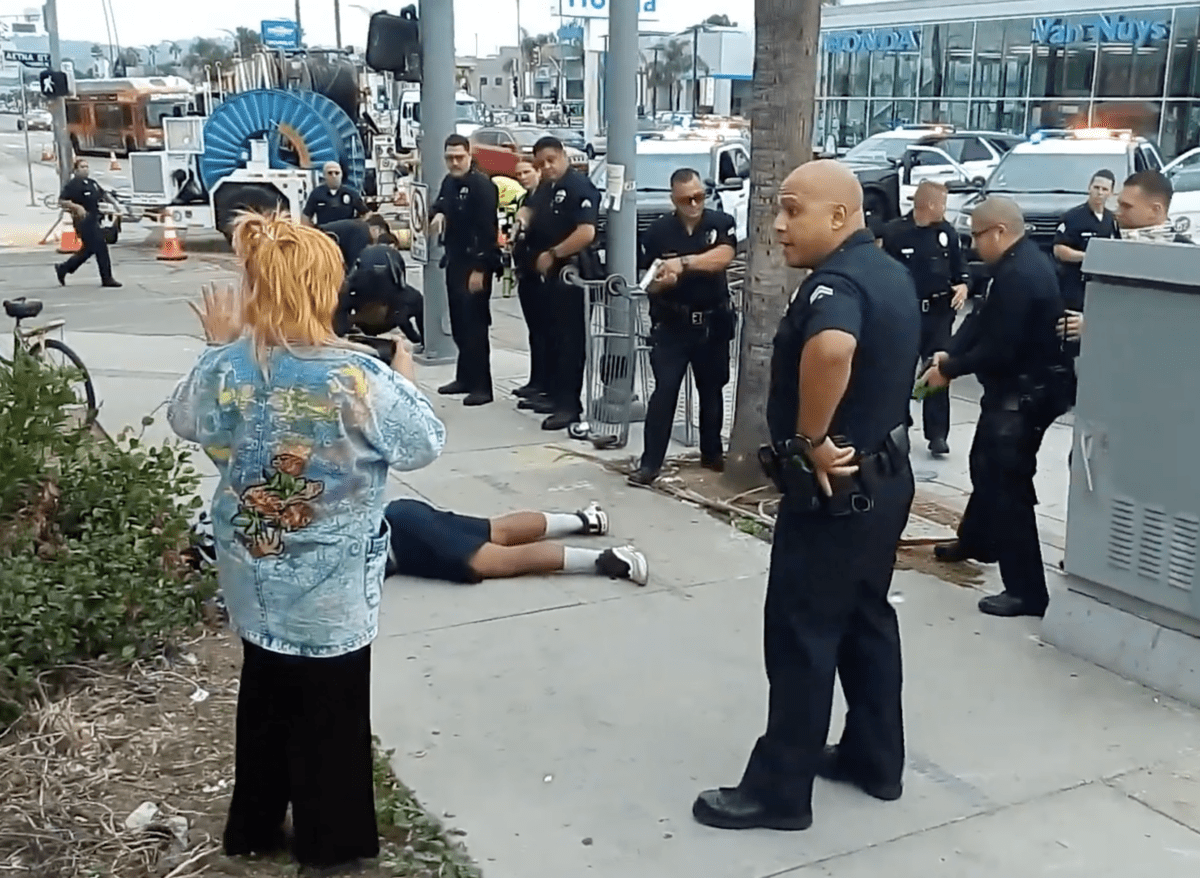
Fifteen members of the Los Angeles Police Department showed up to detain two Black men having an argument. The violent incident is the latest escalation against the community of unhoused people on Aetna Street in Van Nuys.
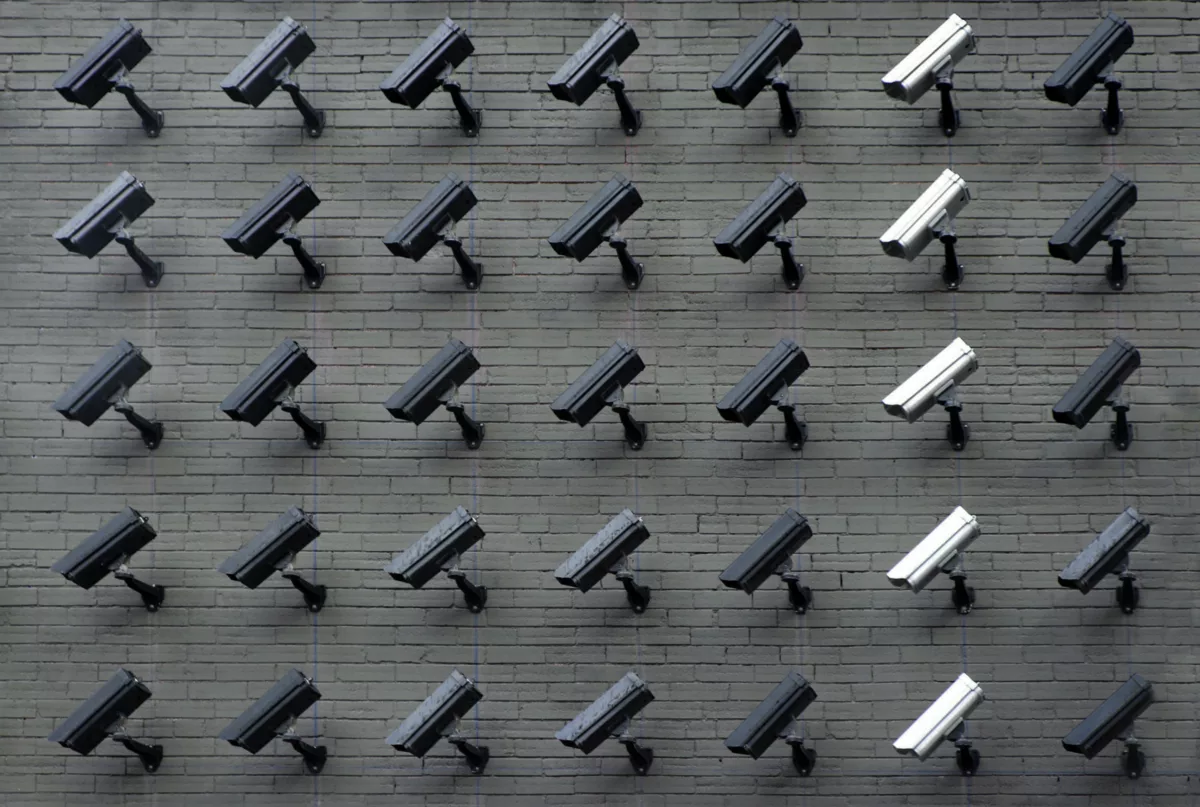
In this excerpt formerly incarcerated writer James Kilgore denounces the growing use of e-carceration technologies like ankle monitors.
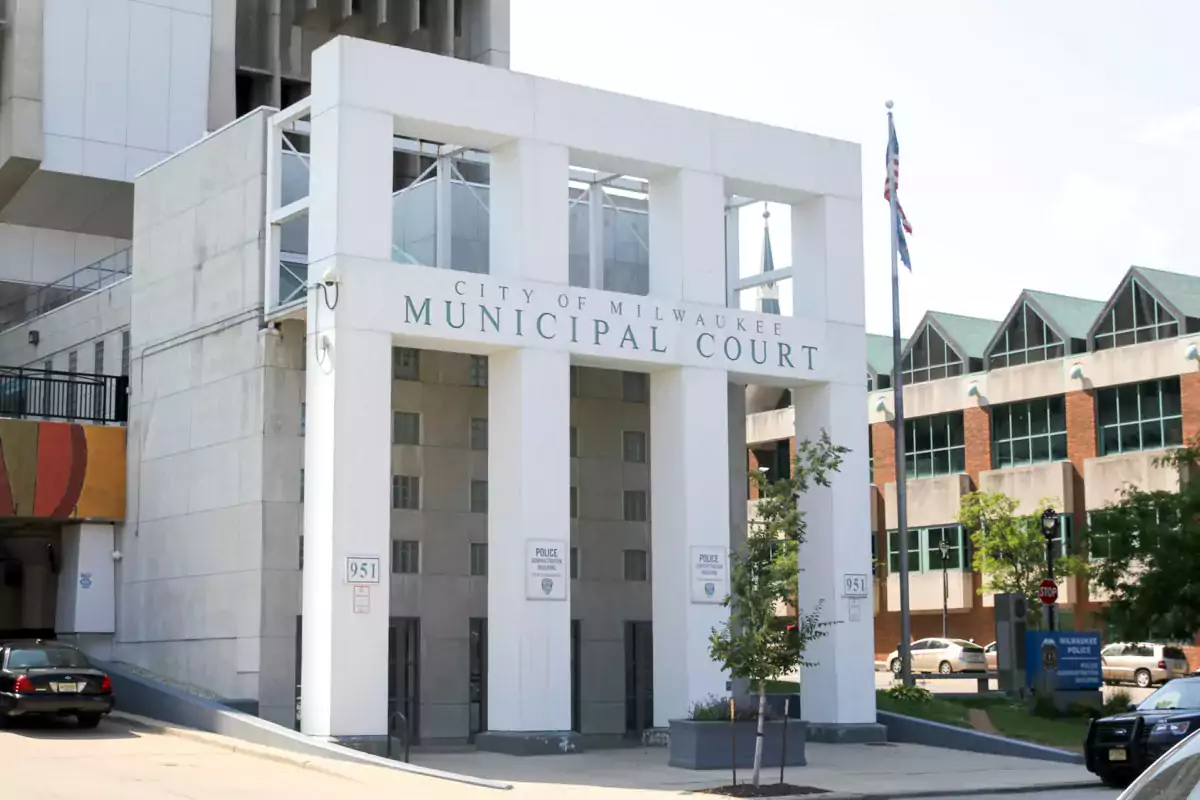
The city of Milwaukee lacks a plan to replace JusticePoint’s incarceration alternatives services if it succeeds in canceling its contract.
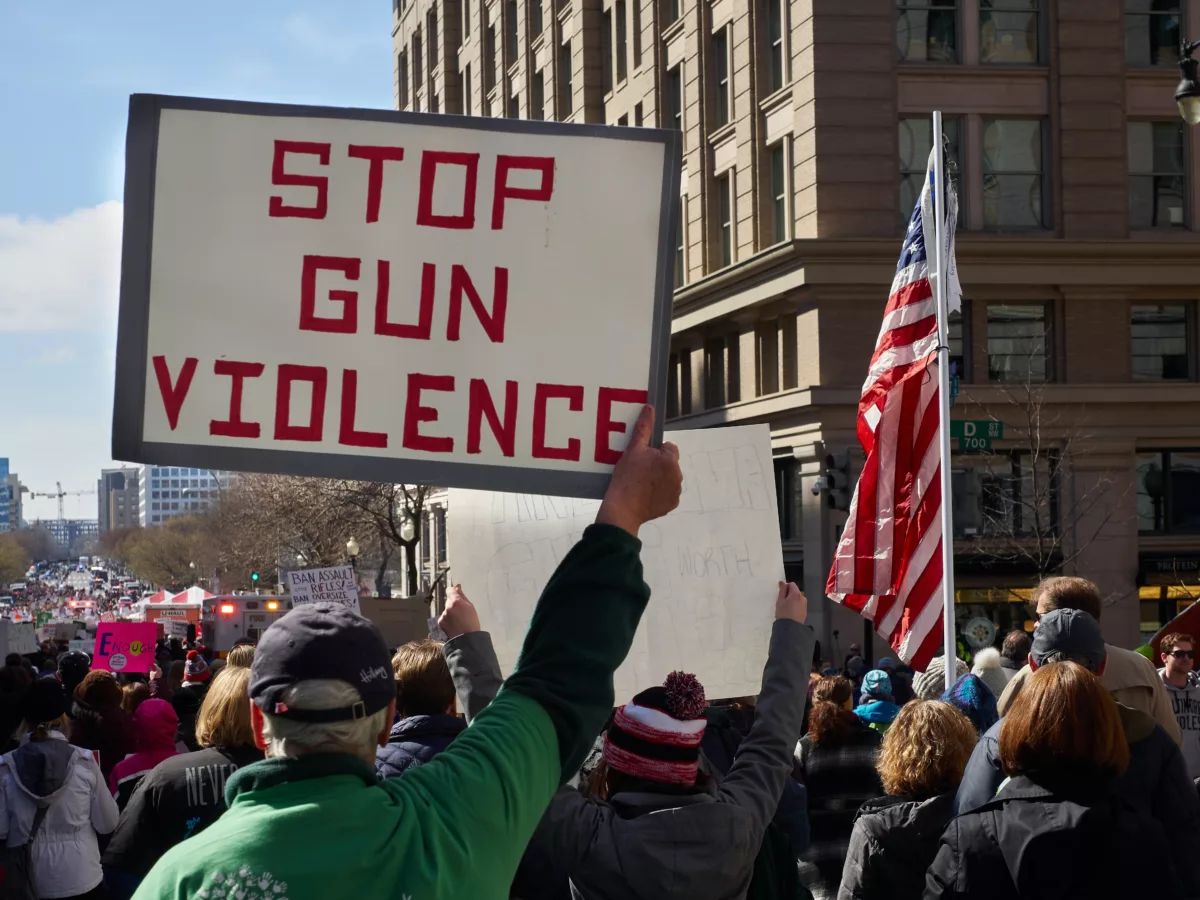
We cannot punish our way out of gun violence. Instead, we must invest in dismantling the structures that allow this violence to thrive.

Securus Technologies says a “technical glitch” last week caused the deletion of Washington prisoners’ writings. They offered compensation of two e-stamps—a value of less than $1.
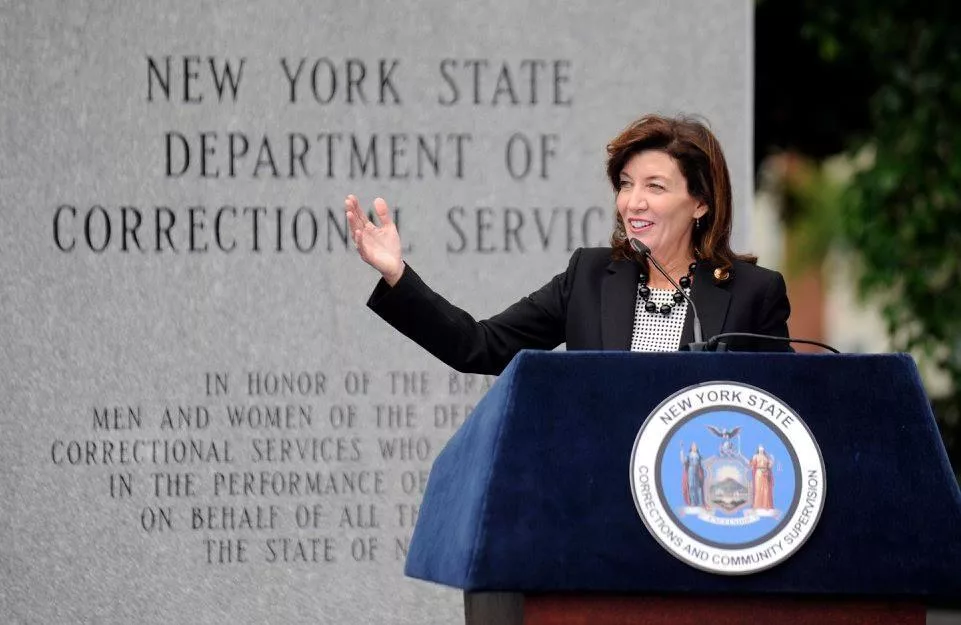
In response to systemic abuse, neglect, and secrecy inside New York prisons, state legislators Julia Salazar and Danny O’Donnell have introduced a bill to establish a state Office of the Correctional Ombudsman to investigate and report on correctional facilities.

One boy detained at Louisiana’s Jackson Parish Correctional Center said children were maced and then forced to sit outside for hours.
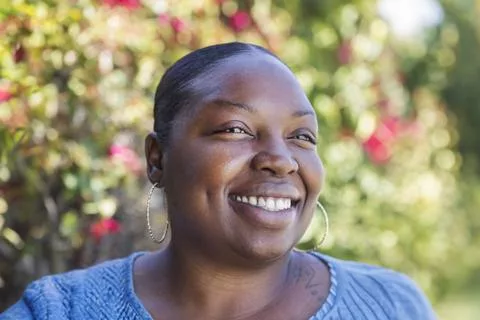
More than 70 million people in the U.S. have criminal convictions on their records. An expert talks with The Appeal about how they can break barriers.